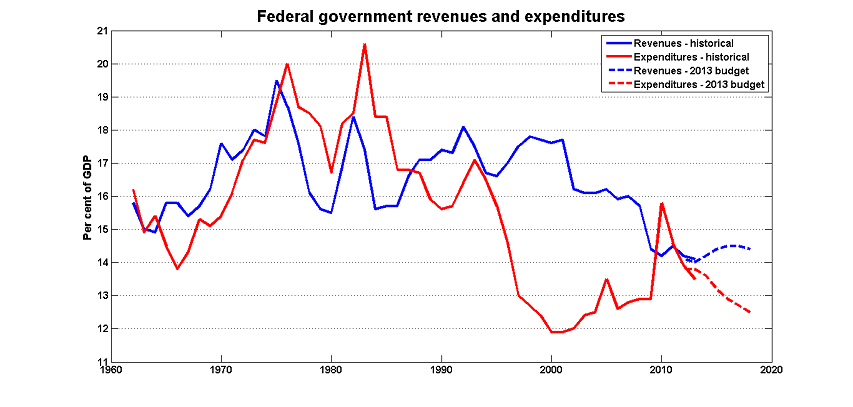In Maclean’s, Paul Wells explains why Stephen Harper decided not to say anything substantive about the senate scandal in his big speech at the Conservative convention. In short, it would be all drawbacks and no benefits to say any more than he did:
Some commentators hoped Harper would use his speech to the Conservatives to explain why any of this makes sense. Perhaps we should not be surprised that Harper decided not to rise to that challenge.
The Prime Minister’s twists and turns on the Senate affair would break a snake’s back. There is no explaining them. In the insane hypothesis that Harper had tried to explain them in Calgary, the first question we would have asked afterward is why he waited from May until November to do it. So essaying an explanation now would not really have helped. It’s just a mess, a sinkhole of judgment whose radius is very much larger than the distance between Harper’s office and the one Wright used to occupy. As another former Harper spokesman once said, more than a decade ago and in very different circumstances, “This turd won’t polish.”
So why bother? For a man whose goal is to endure as prime minister long enough to change the country, this question would have occurred to Harper very early. One can imagine him thinking something like this:
“I could try to explain away the behaviour of my appointees and the zigzags in my own response to it. I could spend the next few months talking about the terrible judgment of my plutocrat fixer-in-chief and my TV-star Senate appointee. I could air, in public, questions that will probably be tried in courts of law later, and make spotting the contradictions a national parlour game.
“Or I could talk about some other stuff.”
Easy to see why he decided to talk about other stuff.
The other big talking point of the convention was how the Conservatives kept the press cordoned off from pretty much any opportunity to talk to delegates or cover any of the events. The press collectively found themselves held in the same contempt that so many of them express for the Tories in general and Harper in particular:
Reporters were cooped up in a filing room without potable water or free WiFi. Three of the convention’s four halls were closed to reporters for the duration, and when we ventured past an imaginary line on the floor of the fourth, volunteers in blue pushed us back. After his speech, Harper and his band played classic-rock hits at a casino next to the convention centre; reporters were barred.
In its details, this cheerful contempt was an extension and refinement of the treatment Harper used to reserve for the press corps. As late as 2011, I could walk around on the floor of a Conservative party convention at leisure and unharassed. The Conservative party had meetings to decide how much further to tighten the cordon sanitaire, appointed staffers to enforce it who might have been given other tasks. A few Harper supporters will be delighted to hear we were denied our “perks,” as if water and freedom of association are luxuries. Here again, Harper was just being Harper. It’s worked for him for nearly a decade. He won’t stop now.




